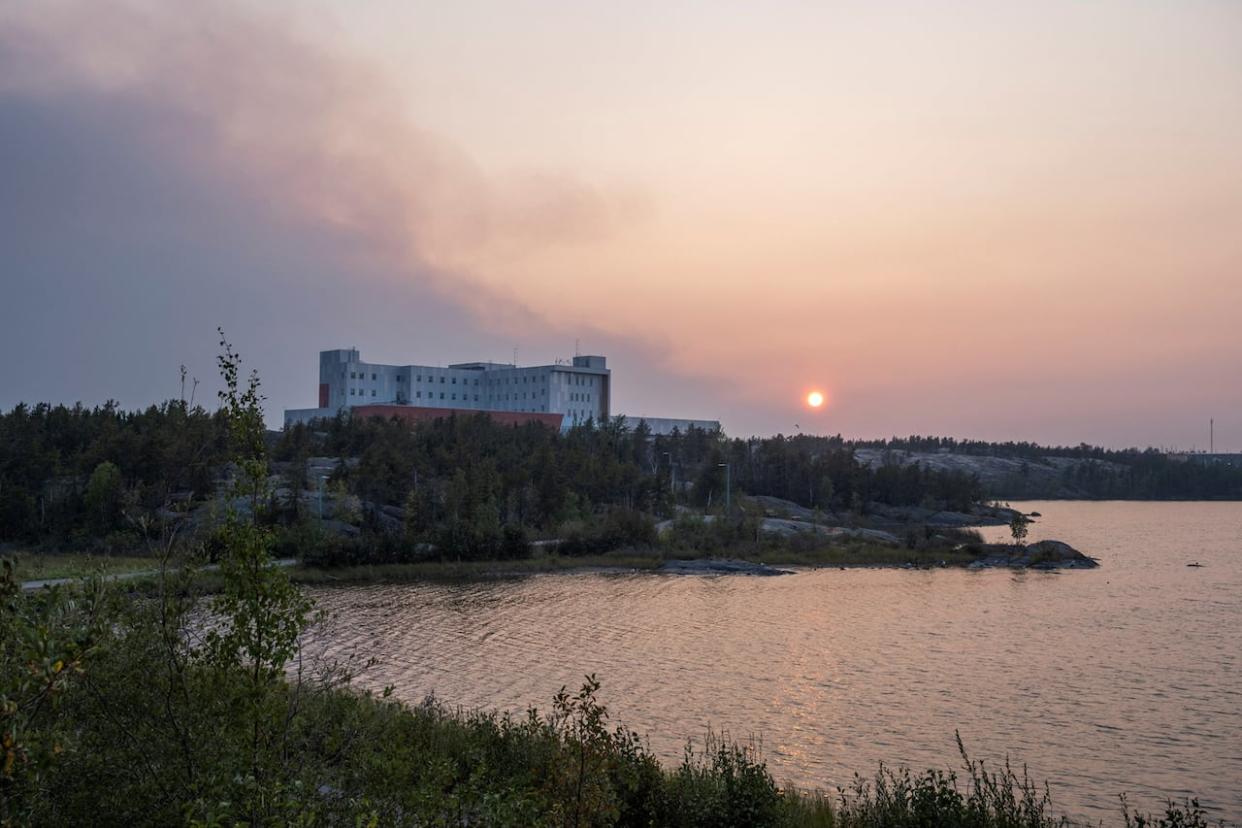Health services to partially resume in select regions of N.W.T. on Monday

The Northwest Territories Health and Social Services Authority (NTHSSA) has informed evacuees that they can expect some health care services to be available again next week, depending on staffing levels, appointment volumes and bed counts.
Virtual appointments will be booked to facilitate timely consultations where appropriate.
N.W.T. officials had previously said it could take up to a month for all health services to resume, and advised residents with certain medical needs not to return immediately after the evacuation order lifted on Sept. 6.
In a news release on Friday, the NTHSSA said bookings for outpatient services will resume in Yellowknife the week of Sept. 11.
Yellowknife residents requiring chemotherapy, dialysis and IV therapy will also have full access to services starting next week, and will be contacted to establish their treatment schedule.
Medical travel into Yellowknife for outpatient appointments will resume as soon as medical boarding facility and hotel operations are re-established next week.
Stanton Territorial Hospital's emergency department will operate at 80 per cent capacity as acute care inpatient services remain extremely limited.
Patients with more complex medical needs that cannot be safely accommodated will be stabilized for transfer to other sites in the territory or in Alberta.
Only 10 out of 25 inpatient acute care beds will be opened for admission to reflect available nursing and physician resources.
Surgical services remain at a significantly lower capacity at 10 to 20 per cent of what the hospital can normally handle.
Stanton's psychiatry unit remains at low capacity, with only five inpatient beds.
The sobering centre and day shelter are at total capacity, with a quicker return to complete services than initially anticipated.
Pregnant patients seeking emergency care are directed to seek care from the emergency department.
Evacuees requiring prenatal services before delivery, usually at about 36-37 weeks of pregnancy, will instead be referred to Edmonton for planned delivery.
As the return to services continues, increased use of surgical face masks may be required temporarily in clinical areas.
"NTHSSA will be encouraging masking in facilities for a period of time after return in an effort to reduce the impacts of respiratory viruses on our workforce and ability to deliver services," according to the news release.
A complete list of services can be found on the health authority's website.
Service capacity is expected to be updated regularly as the post-evacuation effort continues.
Hay River services
On Friday, the Hay River Health and Social Services Authority outlined its re-entry plan for health services.
Almost all health services in Hay River, N.W.T., are suspended, except for basic emergency department care.
"It is expected full-service resumption and stabilization could take up to one month," the health authority said in a social media post on Friday.
The town is in phase one of its four-phase re-entry plan, but exact dates haven't been set yet for the return of the general public.
This plan involves limited health staff being contacted to return home so that they can prepare facilities to resume service.
Phase four is expected to be a full resumption of services, but the town's health authority said it will work with territorial partners to repatriate patients.


